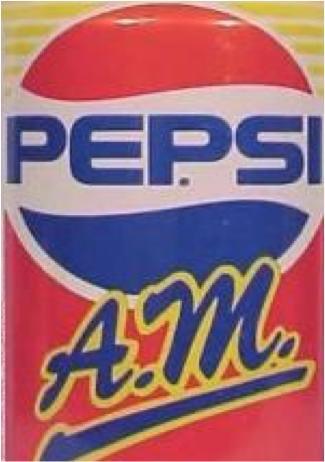Product development is endlessly fascinating and nothing amuses more than truly terrible products that were brought to the market. A lot of very intelligent people thought they sounded like good ideas at the time. Or maybe they were initially good ideas that just got away from them. From Oliver Burkeman’s Guardian article about his recent visit to a storehouse of failed consumer products in Ann Arbor:
“This is consumer capitalism’s graveyard – the shadow side to the relentlessly upbeat, success-focused culture of modern marketing. Or to put it less grandly: it’s almost certainly the only place on the planet where you’ll find Clairol’s A Touch of Yogurt shampoo alongside Gillette’s equally unpopular For Oily Hair Only, a few feet from a now-empty bottle of Pepsi AM Breakfast Cola (born 1989; died 1990). The museum is home to discontinued brands of caffeinated beer; to TV dinners branded with the logo of the toothpaste manufacturer Colgate; to self-heating soup cans that had a regrettable tendency to explode in customers’ faces; and to packets of breath mints that had to be withdrawn from sale because they looked like the tiny packages of crack cocaine dispensed by America’s street drug dealers. It is where microwaveable scrambled eggs – pre-scrambled and sold in a cardboard tube with a pop-up mechanism for easier consumption in the car – go to die.
There is a Japanese term, mono no aware, that translates roughly as ‘the pathos of things’: it captures a kind of bittersweet melancholy at life’s impermanence – that additional beauty imparted to cherry blossoms, say, or human features, as a result of their inevitably fleeting time on Earth. It’s only stretching the concept slightly to suggest that this is how the museum’s proprietor, an understatedly stylish GfK employee named Carol Sherry, feels about the cartons of Morning Banana Juice in her care, or about Fortune Snookies, a short-lived line of fortune cookies for dogs. Every failure, the way she sees it, embodies its own sad story on the part of designers, marketers and salespeople. It is never far from her mind that real people had their mortgages, their car payments and their family holidays riding on the success of products such as A Touch of Yogurt.” (Thanks Browser.)
••••••••••
“FOHO–It’s not just a lot of detergent”:
Tags: Oliver Burkeman

